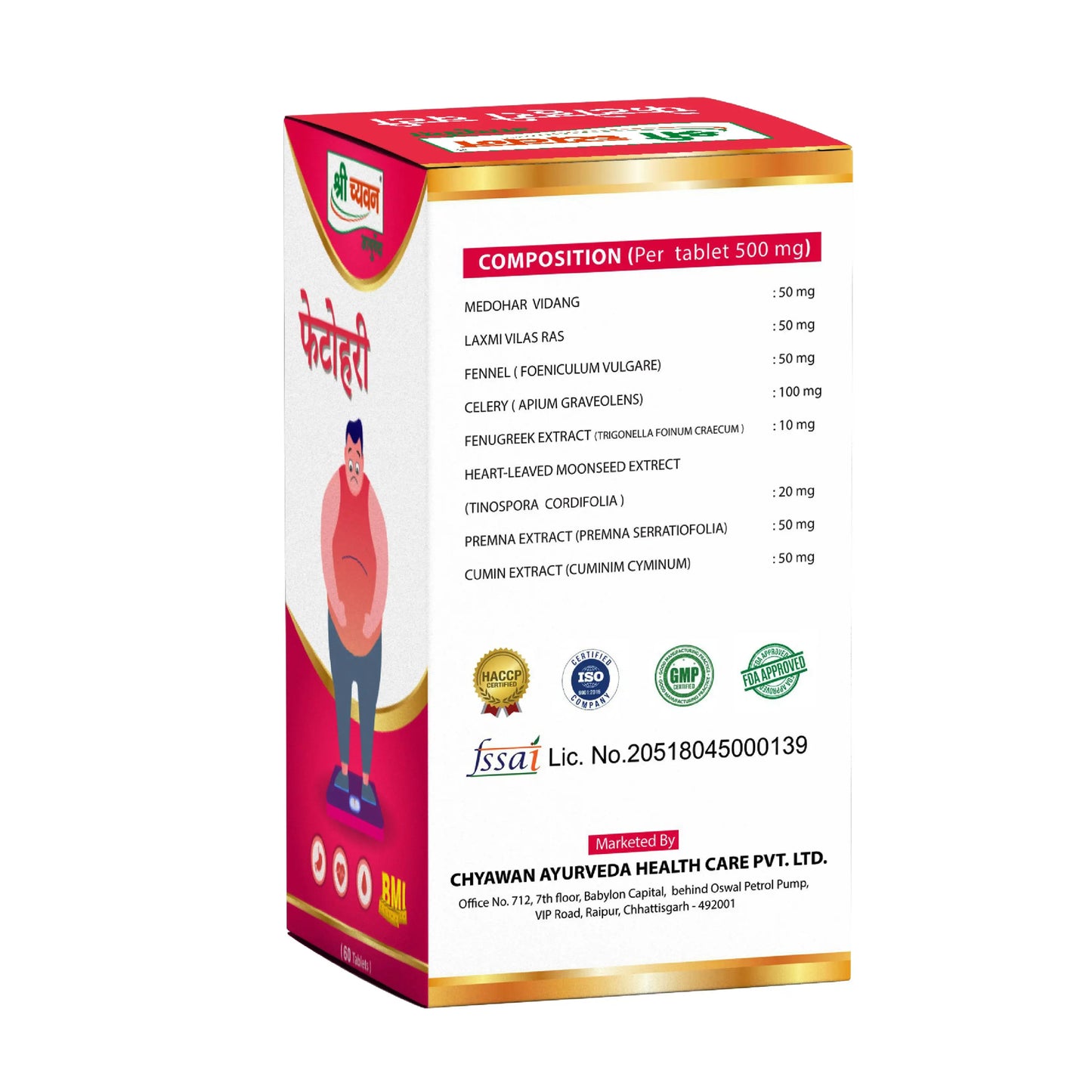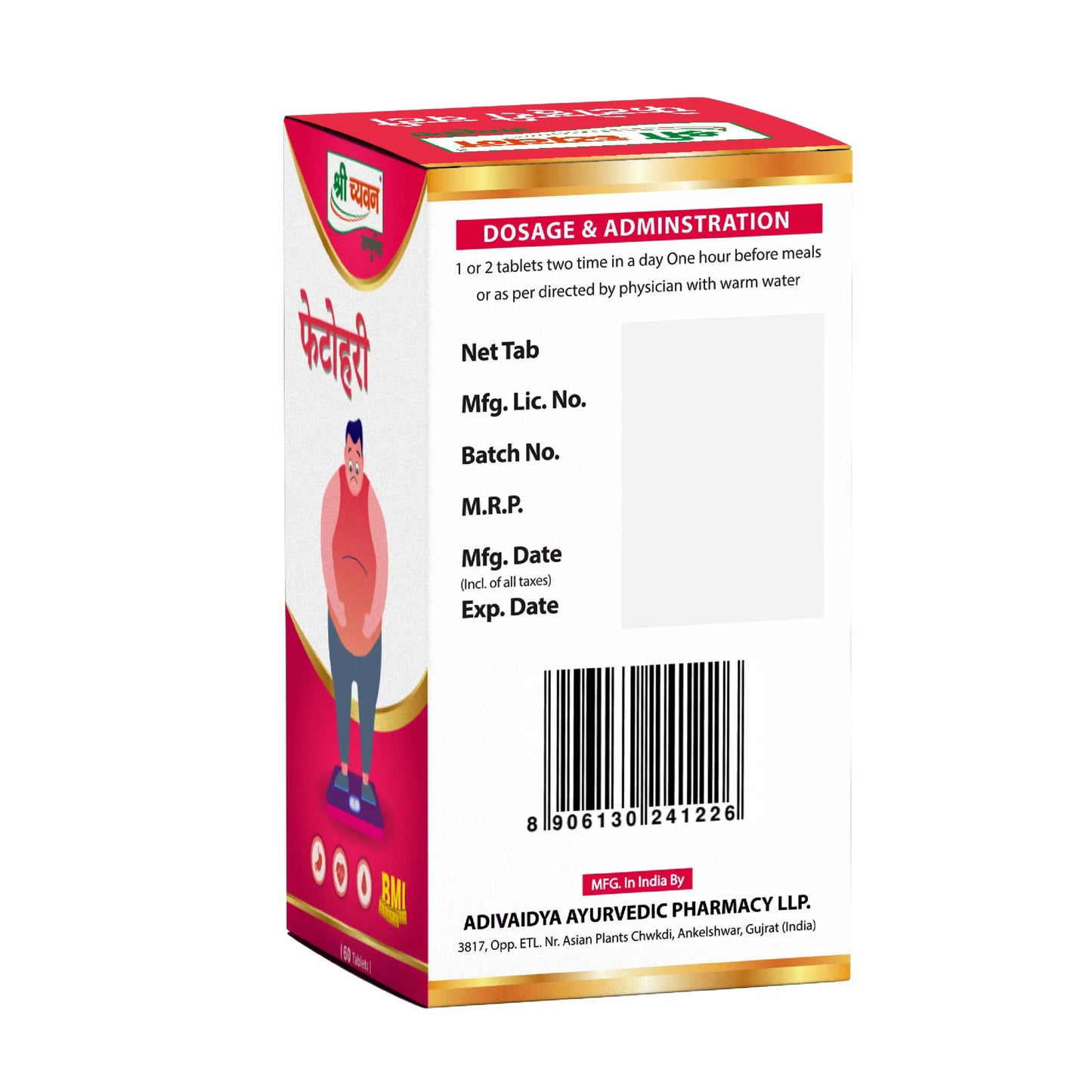In the quest for effective and sustainable weight loss, running stands out as one of the most accessible and powerful exercises. Whether you're a beginner or an experienced athlete, incorporating regular running into your fitness routine can significantly boost your weight loss efforts. This blog explores the numerous benefits of running for weight loss and offers practical tips to help you get started and stay motivated.
Why Running is Effective for Weight Loss
1. High Calorie Burn
- Efficient Energy Expenditure: Running is a high-intensity cardiovascular exercise that burns a substantial number of calories. The more intense the run, the higher the calorie burn, which contributes directly to weight loss.
- Afterburn Effect: Known as excess post-exercise oxygen consumption (EPOC), the afterburn effect means your body continues to burn calories at a higher rate even after you’ve finished your run.
2. Boosts Metabolism
- Increased Metabolic Rate: Regular running increases your resting metabolic rate, meaning you burn more calories even when at rest. This helps in maintaining a healthy weight long-term.
- Muscle Development: Running, especially uphill or with intervals, helps build muscle. Muscle tissue burns more calories than fat tissue, further enhancing your metabolic rate.
3. Appetite Regulation
- Hormonal Balance: Running helps regulate appetite-related hormones like ghrelin (hunger hormone) and peptide YY (satiety hormone), helping you better control your hunger and avoid overeating.
- Better Eating Habits: Regular runners often adopt healthier eating habits to fuel their runs, leading to better overall dietary choices and aiding in weight management.
4. Improved Cardiovascular Health
- Heart Health: Running strengthens the heart and improves circulation, reducing the risk of cardiovascular diseases and enhancing overall health, which supports a more active lifestyle and consistent weight management.
5. Stress Reduction
- Mental Health Benefits: Running releases endorphins, also known as the “feel-good” hormones, which help reduce stress and anxiety. Lower stress levels can prevent stress-related eating and promote a healthier lifestyle.
Getting Started with Running for Weight Loss
1. Set Realistic Goals
- Start Small: Begin with short distances and gradually increase your running time and intensity. Setting achievable goals helps maintain motivation and prevent injuries.
- Track Progress: Use a running app or journal to log your runs, track your progress, and celebrate milestones.
2. Choose the Right Gear
- Comfortable Shoes: Invest in a good pair of running shoes that provide proper support and cushioning to prevent injuries.
- Appropriate Clothing: Wear moisture-wicking clothes that keep you comfortable and dry during your runs.
3. Warm-Up and Cool Down
- Dynamic Warm-Up: Perform dynamic stretches before your run to prepare your muscles and reduce the risk of injury.
- Cool Down: After your run, do static stretches to help your muscles recover and prevent stiffness.
4. Incorporate Variety
- Interval Training: Include intervals of high-intensity sprints followed by periods of lower-intensity jogging or walking. This not only keeps your workouts interesting but also maximizes calorie burn.
- Different Terrains: Run on various terrains such as trails, tracks, and roads to challenge your body and prevent monotony.
5. Stay Hydrated and Fuel Your Body
- Hydration: Drink water before, during, and after your run to stay hydrated and maintain performance.
- Nutrition: Eat a balanced diet rich in lean proteins, healthy fats, and complex carbohydrates to fuel your runs and aid in recovery.
6. Listen to Your Body
- Rest Days: Incorporate rest days into your routine to allow your body to recover and prevent overuse injuries.
- Mindful Running: Pay attention to your body’s signals and avoid pushing yourself too hard. If you feel pain or excessive fatigue, take a break.
Staying Motivated
1. Find a Running Buddy
- Social Support: Running with a friend or joining a running group can provide accountability and make your runs more enjoyable.
- Friendly Competition: A bit of friendly competition can keep you motivated and help you push your limits.
2. Set New Challenges
- Races and Events: Sign up for local races or virtual runs to give yourself a goal to work towards.
- Personal Records: Aim to beat your personal best times or distances to keep your routine challenging.
3. Mix Up Your Routine
- Cross-Training: Incorporate other forms of exercise like cycling, swimming, or strength training to complement your running and prevent boredom.
- Music and Podcasts: Listen to your favorite music or podcasts to make your runs more enjoyable and help pass the time.
Running is a powerful tool for weight loss, offering numerous physical and mental benefits that support a healthier lifestyle. By setting realistic goals, choosing the right gear, and staying motivated, you can harness the full potential of running to achieve and maintain your weight loss goals. Embrace the journey, enjoy the process, and watch as your body transforms with each step you take.
FAQ's
Q: How does running help with weight loss?
A: Running is a high-intensity cardiovascular exercise that burns a significant number of calories, both during and after the activity. It also boosts your metabolism, helps build muscle, and regulates appetite-related hormones, all of which contribute to effective weight loss.
Q: How many calories can I burn by running?
A: The number of calories burned depends on factors such as your weight, running speed, and duration. On average, a person weighing 155 pounds can burn approximately 300 calories by running at a moderate pace (5 mph) for 30 minutes.
Q: How often should I run to lose weight?
A: For effective weight loss, aim to run at least 3-4 times per week. Consistency is key, so find a schedule that works for you and stick to it.
Q: What type of running is best for weight loss?
A: Interval training, which includes short bursts of high-intensity running followed by periods of low-intensity jogging or walking, is highly effective for weight loss. Long-distance runs at a steady pace also help burn calories and improve endurance.
Q: Do I need special gear for running?
A: Yes, investing in a good pair of running shoes that provide proper support and cushioning is crucial to prevent injuries. Wear moisture-wicking clothing to stay comfortable and dry during your runs.
Q: What should I eat before and after a run?
A: Before a run, eat a light snack rich in carbohydrates and low in fat and fiber, such as a banana or a slice of toast with peanut butter. After a run, refuel with a balanced meal that includes lean protein, healthy fats, and complex carbohydrates to aid in recovery.
Q: How can I stay motivated to run regularly?
A: Set realistic goals, track your progress, find a running buddy or join a running group, sign up for races or virtual runs, and mix up your routine with different types of runs and cross-training activities. Listening to music or podcasts can also make your runs more enjoyable.
Q: What should I do if I feel pain or excessive fatigue while running?
A: Listen to your body and avoid pushing yourself too hard. Incorporate rest days into your routine to allow your body to recover. If you feel pain or excessive fatigue, take a break and consult a healthcare professional if necessary.
Q: Can running alone help me lose weight?
A: While running is highly effective for weight loss, combining it with a healthy, balanced diet and other forms of exercise, such as strength training and flexibility exercises, will yield the best results and promote overall health.
Q: How can running improve my mental health?
A: Running releases endorphins, also known as the “feel-good” hormones, which help reduce stress and anxiety. It also provides a sense of accomplishment, improves mood, and can help with better sleep, all of which contribute to better mental health.
Q: How do I start running if I'm a complete beginner?
A: Start with a run/walk program where you alternate between running and walking. Gradually increase the running intervals while decreasing the walking intervals. Set realistic goals and build up your endurance over time.








